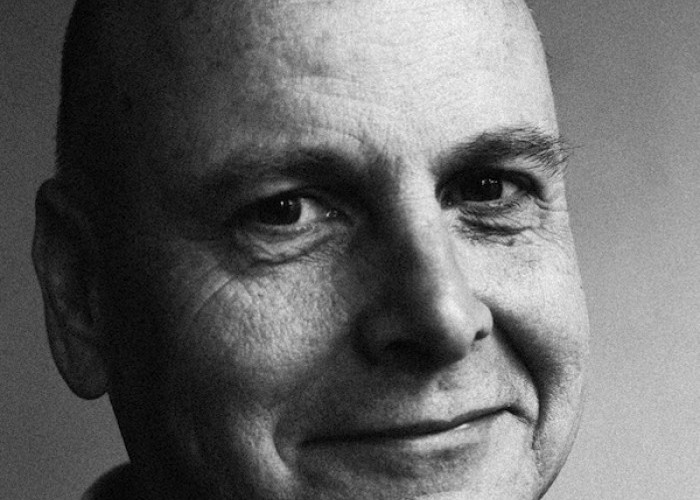Jan 13, 2026 2:09 PM
More Trump-Kennedy Center Cancellations
The fallout from the renaming of the John F. Kennedy Center for the Performing Arts to include President Donald…

Kevin Whitehead recently published Play the Way You Feel: The Essential Guide to Jazz Stories on Film.
(Photo: Francesca Patella/Courtesy Oxford University Press)In 1991, a panel of jazz musicians faced an audience of fans eager with questions. One fan cited a cluster of movies—Lady Sings The Blues (1972), ’Round Midnight (1986) and Bird (1988)—noting that it was good to see jazz receiving deserved recognition. Most agreed. But multi-instrumentalist Benny Carter politely dissented, suggesting that Hollywood was selling the idea of the jazz world as nothing but addicts and psychotics. “That’s not the kind of recognition I welcome.”
Jazz critic Kevin Whitehead’s Play the Way You Feel: The Essential Guide to Jazz Stories on Film (Oxford University Press) confirms Carter’s indictment. Yet, it spins a unique history of the evolving ways that motion pictures have helped shape the perception of jazz. Because there have been relatively few films about jazz—only about 70 by Whitehead’s count, from The Jazz Singer (1927) to Bolden (2019)—they’ve held sway.
Whitehead focuses here on movies about jazz, not featuring it. Soundies, documentaries and most shorts and cartoons are covered in two earlier guides, David Meeker’s Jazz in the Movies and Scott Yanow’s Jazz on Film.
The earliest jazz films were shorts of artists like Bessie Smith and Duke Ellington. But with the breakthrough of swing in 1936, jazz went big time, and Hollywood beckoned with a series of well-intentioned but fictionalized movies on the music. Made in the Jim Crow era, theses films had to make white audiences identify with the music’s “tainted” Black origins. Since African American protagonists could not be trusted with this task, filmmakers created charming white heroes to confer acceptance upon jazz and argue its cause on behalf of its originators.
Themes of modernity and authenticity addressed more subtle but sanitized subtexts of class, race and cultural appropriation. Today, these movies are viewed as period pieces inside period pieces. And “all period pieces,” Whitehead astutely notes, “are about when they’re made as much about when they’re set.”
After the demise of the big bands, jazz lost its commercial allure. So, Hollywood began to probe its more sensational sides. Tragedy replaced modernity, pinning the scarlet letter of addiction on jazz for decades.
This 400-page volume is actually too brief an overview of the complex dialog between jazz and cinema. Whitehead’s analysis is always lively, and mostly generous toward a topic he thoroughly loves. He points out what films got right and what they got wrong. There are countless connections and cross-references, but each chapter is a freestanding essay, making this book easy to cherry-pick and wander around in. DB
This story originally was published in the December 2020 issue of DownBeat. Subscribe here.

Belá Fleck during an interview with Fredrika Whitfield on CNN.
Jan 13, 2026 2:09 PM
The fallout from the renaming of the John F. Kennedy Center for the Performing Arts to include President Donald…

Peplowski first came to prominence in legacy swing bands, including the final iteration of the Benny Goodman Orchestra, before beginning a solo career in the late 1980s.
Feb 3, 2026 12:10 AM
Ken Peplowski, a clarinetist and tenor saxophonist who straddled the worlds of traditional and modern jazz, died Feb. 2…

The success of Oregon’s first album, 1971’s Music Of Another Present Era, allowed Towner to establish a solo career.
Jan 19, 2026 5:02 PM
Ralph Towner, a guitarist and composer who blended multiple genres, including jazz — and throughout them all remained…

Rico’s Anti-Microbial Instrument Swab
Jan 19, 2026 2:48 PM
With this year’s NAMM Show right around the corner, we can look forward to plenty of new and innovative instruments…

Richie Beirach was particularly renowned for his approach to chromatic harmony, which he used to improvise reharmonizations of originals and standards.
Jan 27, 2026 11:19 AM
Richie Beirach, a pianist and composer who channeled a knowledge of modern classical music into his jazz practice,…